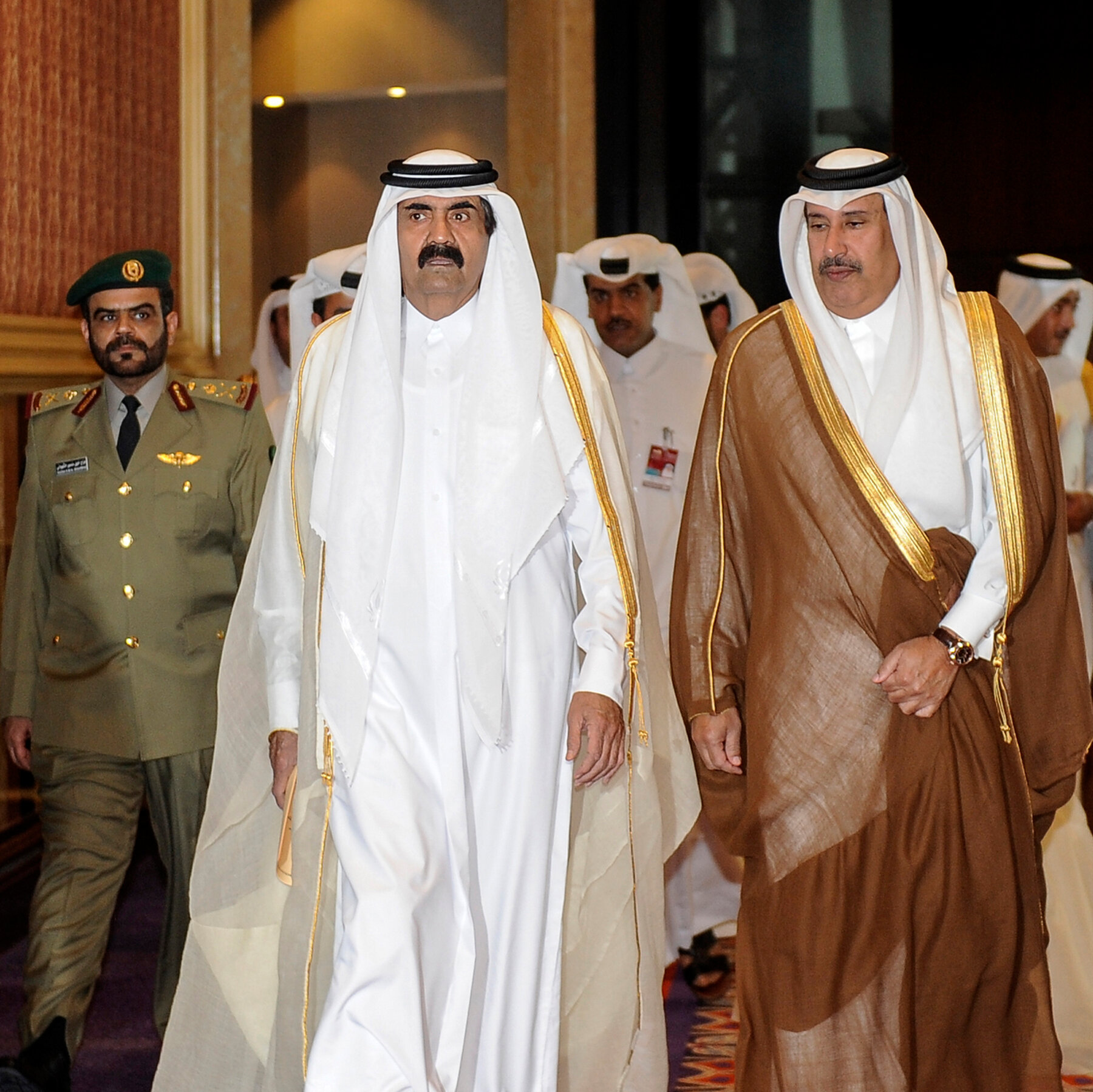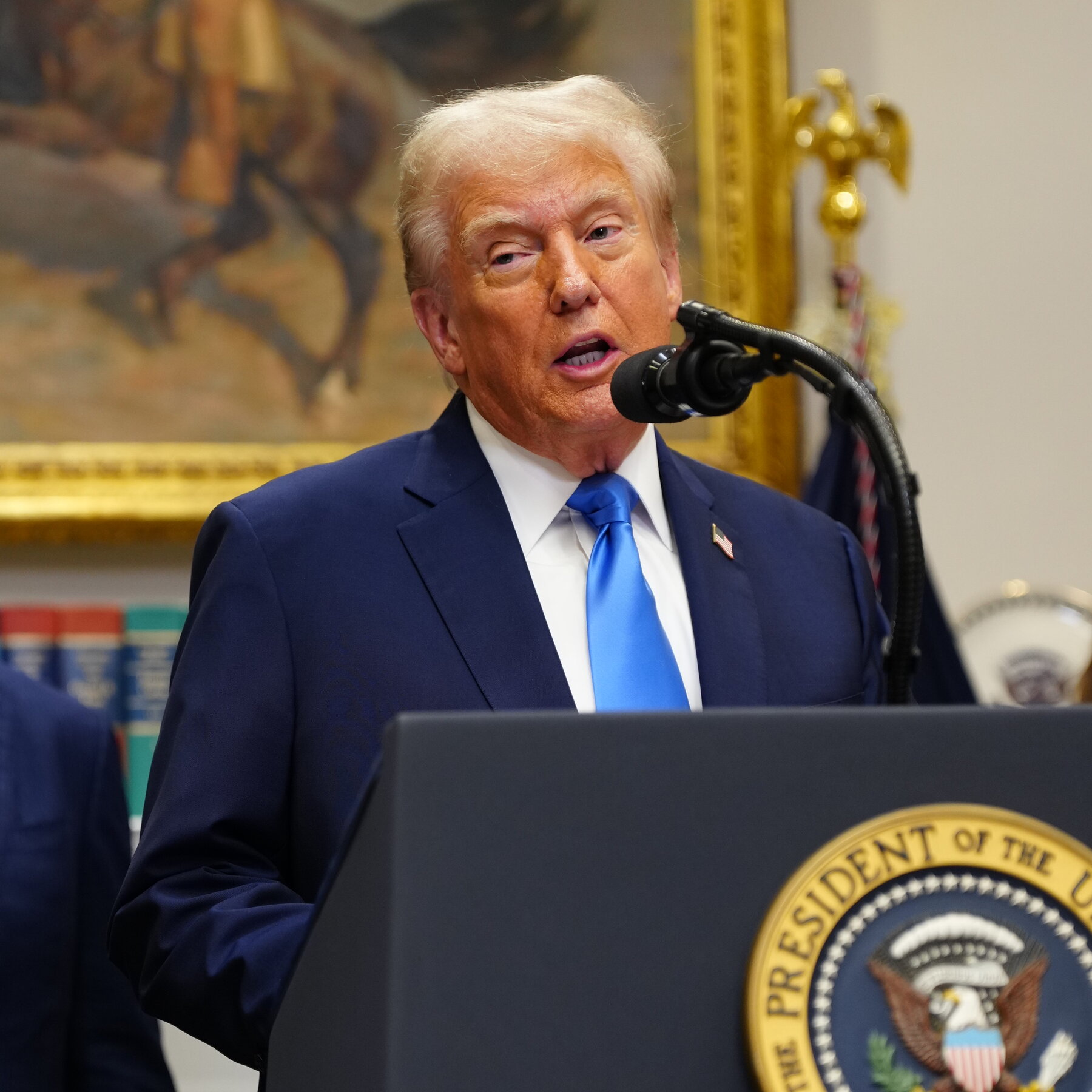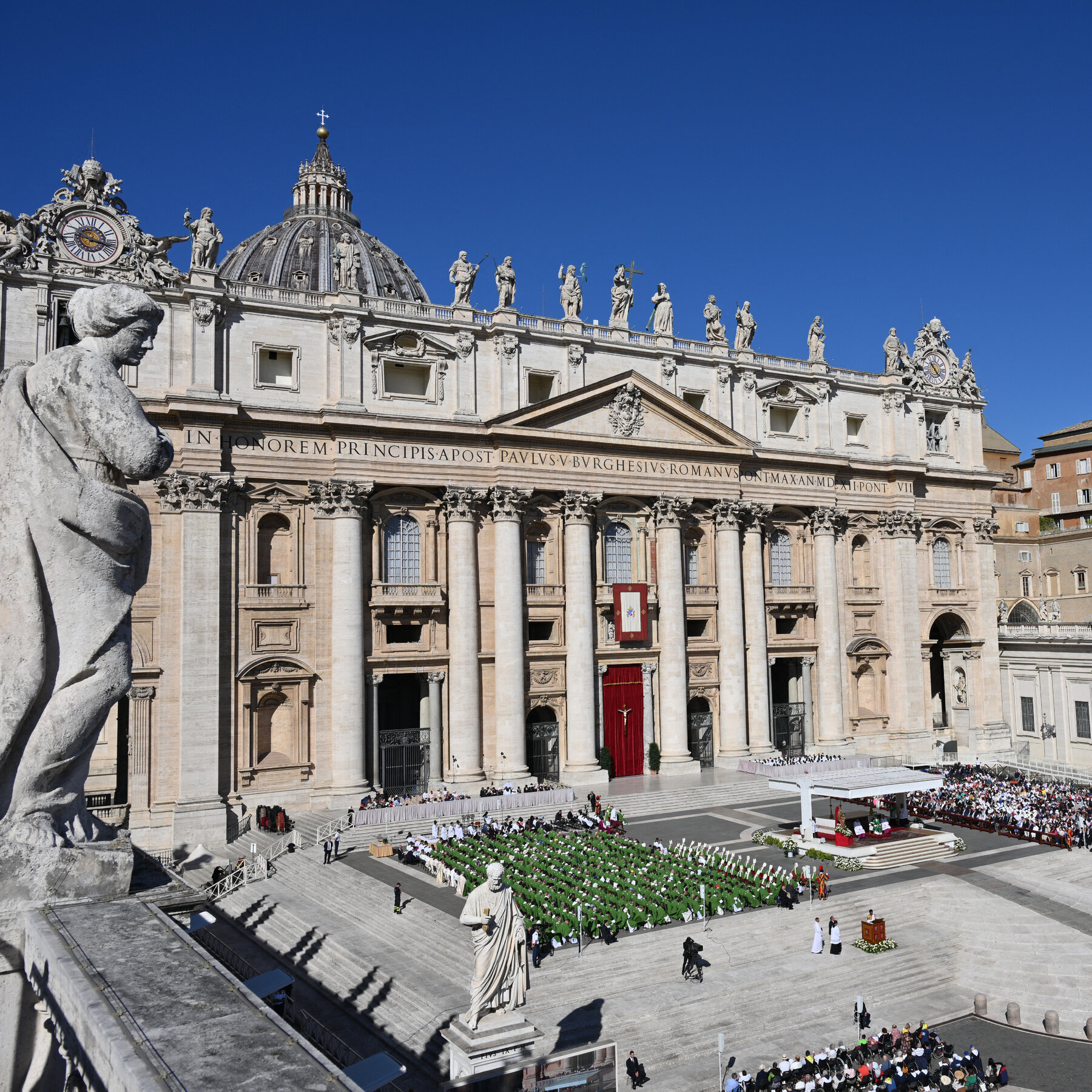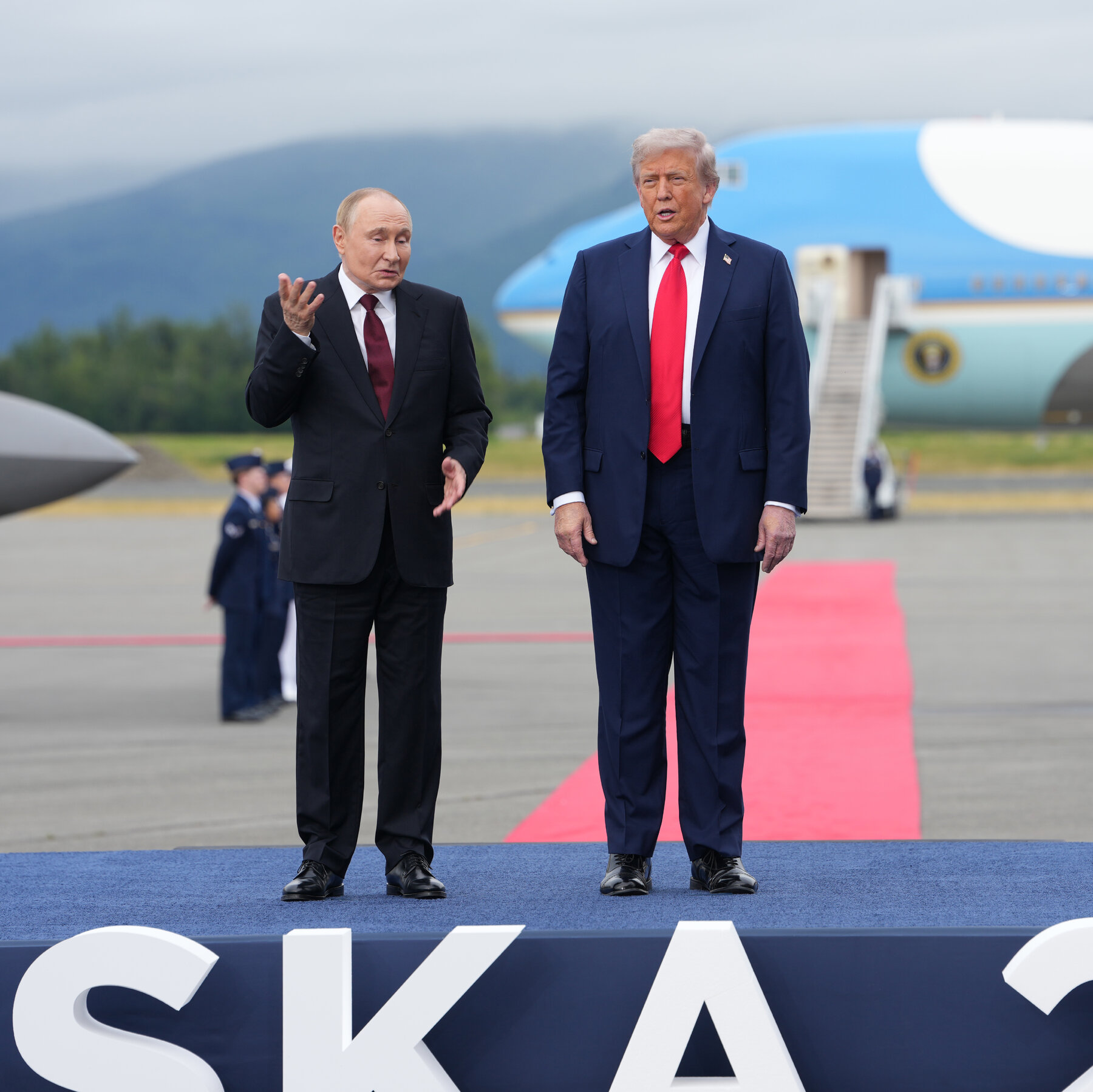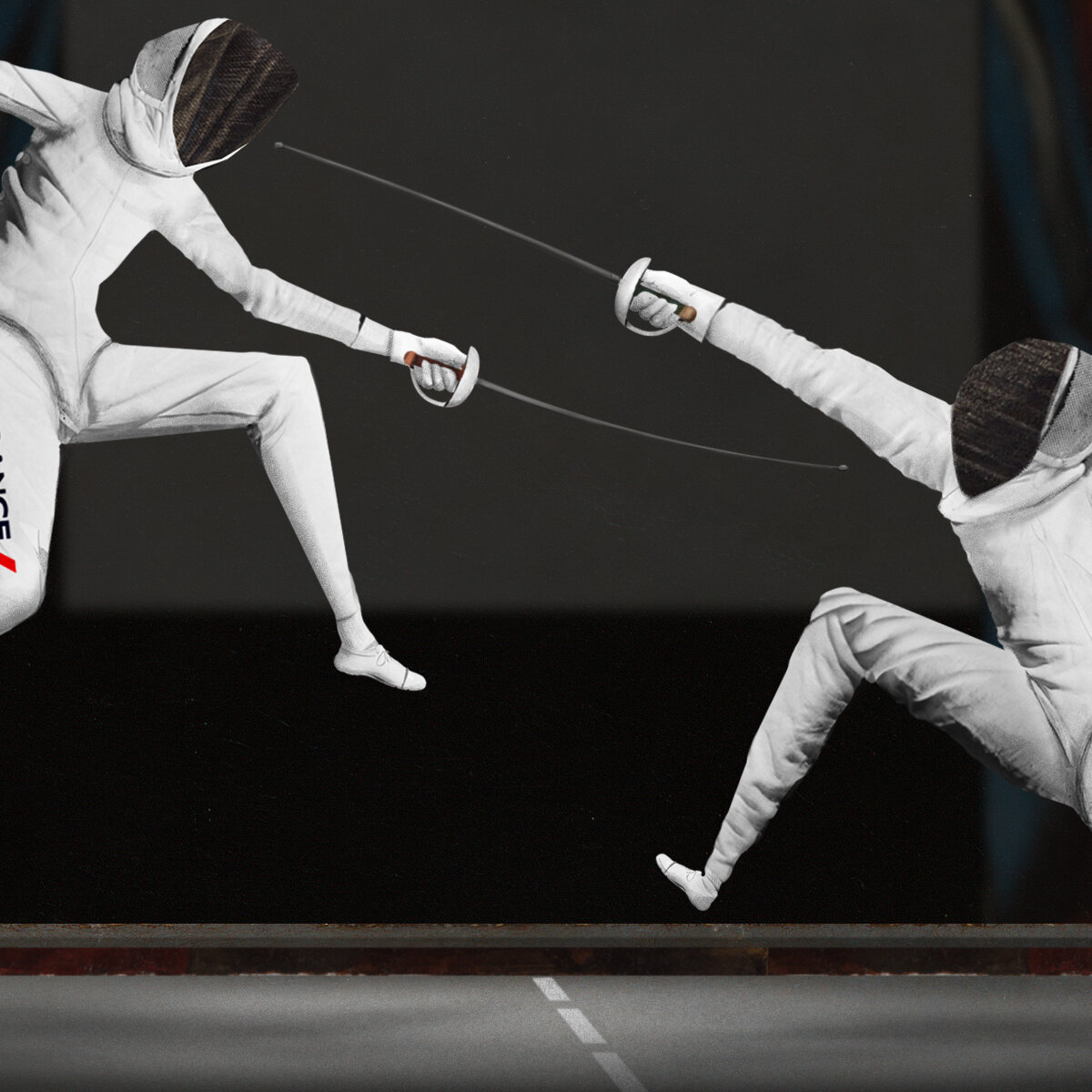U.S. Military Threat Highlights Venezuela’s Strategic Alliances
Increased Pressure on Maduro’s Regime
Washington’s growing military posture in the region has placed the government of President Nicolás Maduro under unprecedented scrutiny. While the United States is unlikely to directly intervene to support Maduro against an internal uprising, its actions have nonetheless complicated any attempts to remove him from power.
Why External Actors Hesitate
Potential foreign backers are wary of openly assisting Maduro. The risk of confronting the United States—with its extensive intelligence capabilities and willingness to impose economic sanctions—makes any overt support a high‑stakes gamble.
Allies Adjust Their Strategies
Countries that have traditionally aligned with Venezuela, such as Russia, China, and Iran, are recalibrating their approaches. Rather than offering direct military aid, they are focusing on diplomatic channels, propaganda campaigns, and limited economic assistance to keep the regime afloat.
Impact on Venezuela’s Internal Dynamics
The heightened external pressure has emboldened opposition groups, who see the U.S. stance as a potential opening for change. However, the regime’s security forces remain vigilant, and the threat of a coordinated crackdown looms large.
Looking Ahead
As the United States continues to signal its readiness to act against perceived threats in the hemisphere, Venezuela’s allies must navigate a delicate balance—supporting Maduro enough to maintain influence, yet avoiding a direct confrontation with a powerful adversary.


